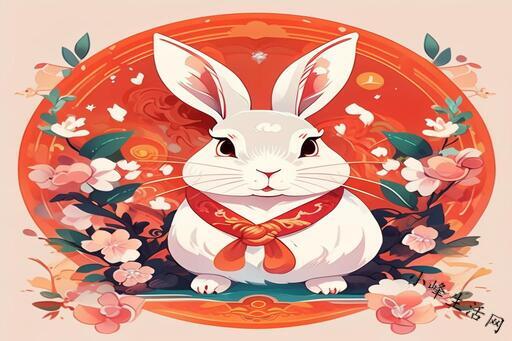过大寿吉日选择2026
过大寿吉日选择2024 在中国传统文化中,过大寿是一件非常重要的事情。大寿是指人们在特定的日子庆祝自己或他人的长寿。选择一个吉日...
扫一扫用手机浏览
Which day is the best auspicious day?
Throughout history and across cultures, people have always sought auspicious days for important events and activities. Whether it is a wedding, a business venture, or even a simple housewarming, choosing the right day is believed to bring good luck and fortune. In this article, we will explore the significance of auspicious days and how they are determined in different cultures.

Chinese Astrology and Auspicious Days
In Chinese culture, the selection of auspicious days is heavily influenced by astrology. The Chinese zodiac, which consists of twelve animal signs, plays a crucial role in determining the luck and fortune associated with each day. Additionally, the Chinese calendar is also based on the lunar cycle, making it necessary to consult an astrologer to find the best day for a particular event.
For example, the Chinese believe that getting married on an auspicious day will bring a harmonious and long-lasting marriage. The astrologer considers various factors such as the couple's birth dates, the alignment of stars, and the Chinese zodiac signs to determine the most favorable day. Similarly, starting a business, moving into a new house, or even setting a date for a medical procedure are all carefully chosen based on auspicious days.
Indian Astrology and Auspicious Days
In India, astrology also plays a significant role in determining auspicious days. The Hindu calendar, which is based on both lunar and solar movements, is used to identify favorable days for various events. Astrologers consider the position of planets, stars, and other celestial bodies to determine the auspiciousness of a particular day.

One of the most important events in Indian culture is a wedding. The selection of an auspicious wedding day is a meticulous process that involves consulting astrologers and considering various astrological factors. The alignment of stars and planets is believed to influence the couple's future happiness and prosperity. Similarly, important ceremonies, festivals, and even naming a child are all done on auspicious days to ensure a positive outcome.
Western Astrology and Auspicious Days
In Western cultures, astrology also plays a role in determining auspicious days, although it may not be as prevalent as in Eastern cultures. Western astrology is based on the zodiac signs and the position of planets at the time of a person's birth. However, the concept of choosing auspicious days for events is not as widely practiced.
Nevertheless, some individuals still consult astrologers to find favorable days for important events such as starting a business or getting married. They believe that aligning their actions with the planets' positions will bring them good luck and success. However, it is important to note that the practice of choosing auspicious days based on Western astrology is not as deeply rooted in Western culture as it is in Eastern cultures.
The Universality of Auspicious Days
While the methods and beliefs surrounding auspicious days may differ across cultures, the underlying concept remains the same. People from all walks of life seek good fortune and positive outcomes in their endeavors. Whether it is through astrology, religious beliefs, or cultural traditions, the desire for auspiciousness is a universal human trait.
Furthermore, the belief in auspicious days transcends borders and is not limited to any particular culture. In our increasingly globalized world, people from different cultural backgrounds often incorporate elements of various traditions into their lives. This includes choosing auspicious days for significant events, regardless of their cultural or religious background.
In conclusion
Auspicious days hold great significance in various cultures around the world. Whether it is through Chinese astrology, Indian astrology, or Western astrology, people seek to align their actions with the cosmic forces to bring good luck and fortune. While the methods and beliefs may differ, the desire for positive outcomes remains universal. So, the next time you plan an important event, take a moment to consider the auspiciousness of the day and embrace the potential for good fortune.